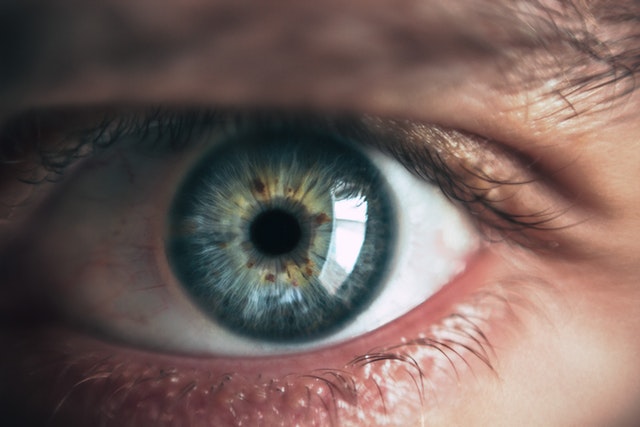You’ve certainly seen them at specific stores in the mall, or maybe your kids get them at school: vision tests that employ computerised machinery to determine your vision. Are these examinations, however, the same as eye exams? The simple answer is no.
Vision tests can be beneficial in certain situations, but they are not a substitute for an eye check performed by a competent optometrist or ophthalmologist. We’ll discuss the distinctions between eye exams and vision tests below so you can determine the best strategy to maintain your ocular health.
- Vision Tests vs. Eye Exams: What’s the Difference?
One of the most important distinctions between vision tests and eye exams is the type of person who administers each. A competent eye doctor, such as an optometrist or an ophthalmologist, must do eye exams. Vision tests, on the other hand, maybe performed by almost anyone due to the use of automated technology.
Vision Testing
The advantages of vision testing equipment are limited. This equipment cannot account for a variety of factors, including:
- The coordination of eye muscles
- Eye fixation as well as alignment
- Pupil size
- Lens or corneal anomalies
Automated testing equipment can also be thrown off by a moving patient or a person whose concentration wanders during the test, impairing their ability to focus. During exams, eye professionals are trained to watch for these tendencies and prevent them from influencing their results.
Furthermore, automated vision testing equipment does not evaluate the health of the eye. Many eye illnesses and diseases do not have a direct influence on a person’s vision (particularly in the early stages), therefore an automated vision test cannot detect them. Vision exams will not reveal whether you have:
- Glaucoma
- Diabetic retinopathy
- Tumours in the brain or eye
- Detachment of the retina
- High blood pressure, can be detected via an eye exam by examining blood vessels in the back of the eye
Eye Exams
Optometrists typically provide eye exams, however ophthalmologists are also competent to do so. An optometrist must complete a bachelor’s degree in 3-4 years, followed by a four-year Doctor of Optometry (O.D.) degree and an optional one-year residency.
Because they must graduate from medical school and receive a medical licence, ophthalmologists must devote considerably more time to their studies and education. Typically, the process of becoming an ophthalmologist takes about 12 years.
All of that specialised knowledge provides your eye doctor with abilities and competence that automated technology cannot match. During an eye exam, your eye doctor evaluates the health of your eyes and visual system as well as your prescription. The steps are as follows:
A conversation about your vision, your medical history, and your family’s pertinent medical history. Discussions allow the eye doctor to learn about your needs while also allowing the patient to ask questions or express concerns about their vision.
Tests to assess your visual acuity and strength. These exams will include auto-refraction tests to determine your prescription, which may be performed using the same equipment as generic vision testing. Your eye doctor, on the other hand, should perform tests to measure your clarity, use field screenings to identify blind spots, and use their specialist knowledge to check your prescription more accurately than automated equipment can.
Screenings for various eye diseases. Your eye doctor will screen for glaucoma, diabetic retinopathy, and other disorders or diseases that automated equipment cannot identify during an eye exam. These checks are the most effective way to detect disorders such as glaucoma, which can arise in people who have no family history of the disease.
Consider a good eye exam to be a physical for your eyes. Vision screen just tell you whether or not your vision is blurry, whereas experienced eye physicians provide a full review of your ocular health.
- There’s No Substitute for Eye Exams
Vision testing can give you an indication of your prescription, but it can’t explain to you why it has changed. Only an optometrist or ophthalmologist can diagnose you with a problem and prescribe the medications or treatments you may require to cure or control it. Remember to schedule annual eye exams with a trained eye doctor to keep yourself healthy while preserving your vision.





